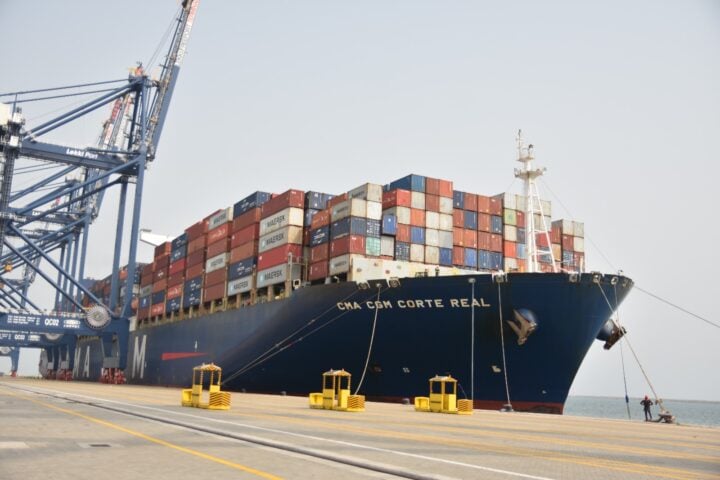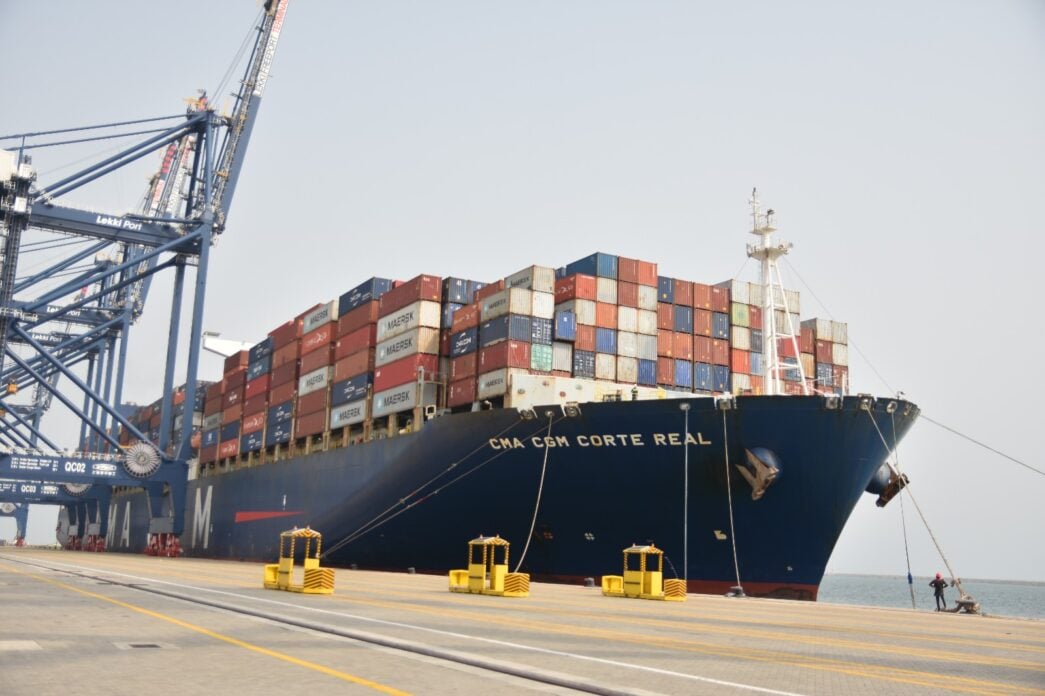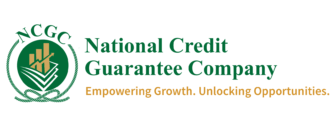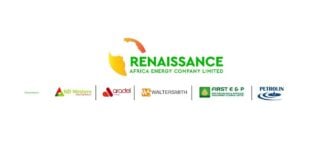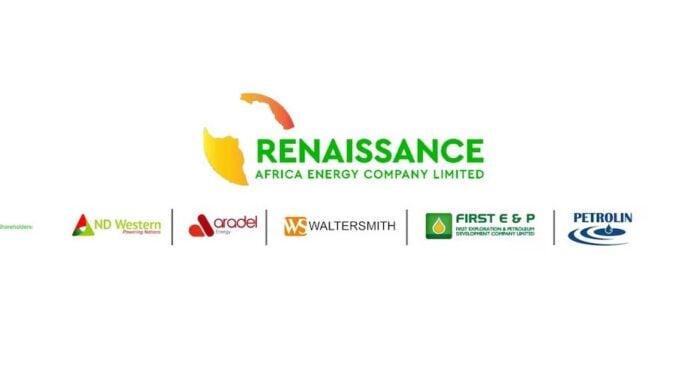The critical role of the maritime sector in the economy of a country cannot be overemphasised; it plays a significant role in enhancing trade and commerce by facilitating international trade, enabling the import and export of goods, including raw materials, manufactured goods, and energy resources. Generally, the maritime sector is a vital component of a country’s economy, providing numerous benefits and opportunities for growth and development.
Since the commencement of commercial operations on the 1st of April, 2023, Lekki Freeport Terminal, the Container Terminal Operator of Nigeria’s deepest seaport, the Lekki Deep Sea Port, has been on a steady growth trajectory in terms of performance, thereby putting Nigeria on the global maritime map.
In line with its vision, the operation of the Port terminal will help simplify trade and facilitate economic development not only for Nigeria but for the entire West African continent. The terminal offers robust automation, digitization, and innovation in its processes, from vessel berthing to cargo delivery, while ensuring the highest global maritime safety standards. It is designed to bridge the supply chain gap and sustainably connect trade between Nigeria and the rest of the world.
The Lekki Freeport Terminal operated by CMA Terminals, a subsidiary of the CMA CGM Group, the world’s third-largest container shipping company is transforming the sector with a strong growth performance volume record of 238,000 TEUs throughput for 2024 resulting in 40% YoY growth (2025 vs 2024) with 2024 being the first full year of operations. A record that highlights the terminal’s rising profile as a preferred gateway for Nigeria’s import and export trade.
This remarkable strong growth for LFT can be attributed to several factors, but at the top of the list is the fact that the terminal is fully automated with world-class, state-of-the-art facilities, which make operations seamless, guarantee quick turnaround times, and drive excellence. These facilities enhance port operations and enable LFT to turn around vessels faster than other ports.
The terminal also boasts a complement of the latest super-post panamax ship-to-shore cranes with twin lift capacity, a 65-ton under-spread load, and a 21-container-wide reach. To ensure seamless cargo inspection and clearance, the terminal is equipped with two FS 6000 scanners, capable of scanning containers in a matter of minutes. The terminal is also supported with four (80-ton bollard pull tug boats provided and operated by the Nigerian Ports Authority for safe navigation and berthing of large vessels at the terminal.
For ease of cargo clearance, the Lekki Freeport Terminal operates a Vehicle Booking System (VBS) Auto Gate System, an electronic platform for ease of cargo clearance using radio frequency identification tags and biometrics, which allows customers to book trucks in advance from the comfort of their homes or offices.
In April 2025, LFT achieved a milestone with 6,885 TEUs in export volume, which is the highest recorded in a single month since the terminal began operations. While this figure is approximately 20 per cent below export volumes posted at Apapa Port, it nonetheless reflects a strong upward trajectory for LFT and affirms the terminal’s growing role in boosting Nigeria’s overall export capacity.
The terminal has continued to operate free of congestion, both at the quay and in the yard, setting it apart from other overcrowded terminals in Lagos. This efficiency has significantly boosted investor confidence in Nigeria’s maritime sector. With its barging handling service, Lekki Freeport Terminal offers efficient barge discharge and loading operations, supporting operators in multiple inland corridors within Nigeria.
LFT remains further committed to becoming the leading maritime hub in West Africa, particularly by forming strategic partnerships with global shipping giants and positioning the Lekki port as a key node in regional and international trade.
The terminal now enjoys regular weekly calls from major global shipping lines, including CMA CGM, Maersk Line, COSCO, Ocean Network Express (ONE), and ZIM/GSL. These services are expected to attract more foreign direct investment (FDI) and enhance Nigeria’s standing in global maritime trade.
One of the major concerns of maritime stakeholders has been the issue of accessibility and cargo evacuation from the terminal. Currently, significant progress has been achieved with the port road extension, particularly with the ongoing construction of the Lagos-Calabar Coastal Road, and the recently approved construction of the 7th Axial Road (06 above) are strategically important for evacuating cargo from Lekki Port.
The 7th Axial Road is expected to provide an alternative direct access to the A121 Lagos-Benin expressway. The road spans a distance of 25 km and is anticipated to be developed in two phases, with completion projected for 2028. The current travel time for trucks from LFT to Lagos using the Coastal Road to the A121 Road is 4.5 hours. With the 7th Axial Road, travel time is expected to reduce significantly.
Additionally, with the federal government considering the possibility of connecting the axis to the National Rail network, the evacuation of cargo from the terminal to other parts of the country, as well as to neighbouring landlocked countries, will be enhanced.
With the existing truck service time of 1.1 hours upon arrival at LFT gates and the ongoing road upgrade plans, LFT has a competitive advantage over other ports in Lagos. This is particularly true considering the multiple access corridors to and from the port.
